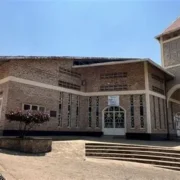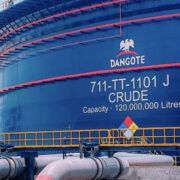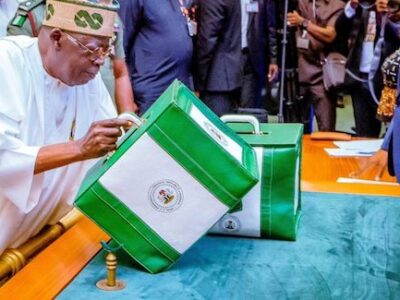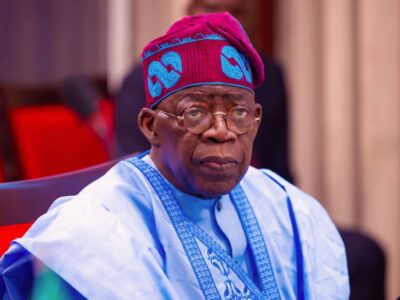ABUJA — A wave of online support has trailed the Dangote Petroleum Refinery amid its heated face-off with the Nigeria Union of Petroleum and Natural Gas Workers (NUPENG), whose nationwide strike on Monday crippled petrol distribution.
The strike, NUPENG said, was triggered by alleged anti-labour practices linked to Dangote Refinery’s plan to deploy 4,000 compressed natural gas (CNG)-powered trucks for fuel distribution — a move the union claims threatens its members’ jobs.
The industrial action came shortly after a meeting convened by the Federal Government to broker peace, which reports indicate NUPENG failed to attend.
While the standoff has deepened, many Nigerians have taken to social media to express strong backing for Dangote Refinery, accusing NUPENG of prioritizing its interests over those of ordinary citizens.
On X (formerly Twitter), @olat187 wrote: “Nigerians stand with @DangoteGroup. @officialNUPENG9 has been making the lives of Nigerians unbearable for years.”
Another user, James O, declared: “Dangote Refinery is the ONLY business leader and saviour we have that keeps ordinary citizens.”
Professor Olushola Bamidele likened the union’s resistance to an attempt to stifle innovation. He argued: “If I come up with a business innovation, and it threatens your business, should you force me to abandon it? The logic of this union strike makes no sense.”
However, not all Nigerians share this sentiment. Several major labour organizations, including the Petroleum and Natural Gas Senior Staff Association of Nigeria (PENGASSAN), the Nigerian Association of Road Transport Owners (NARTO), and the Nigerian Labour Congress (NLC), have thrown their weight behind NUPENG.
NUPENG President, Williams Akporeha, accused Dangote Refinery of engaging in practices that could “take the country back to the days of slavery.”
The crisis has now pitted Africa’s largest refinery against Nigeria’s most powerful oil workers’ union, with the federal government caught in the middle of what could become a defining battle for the future of the nation’s petroleum distribution system.




















Comments